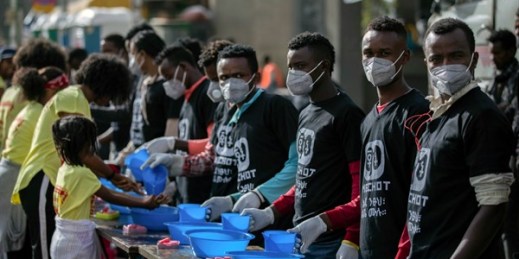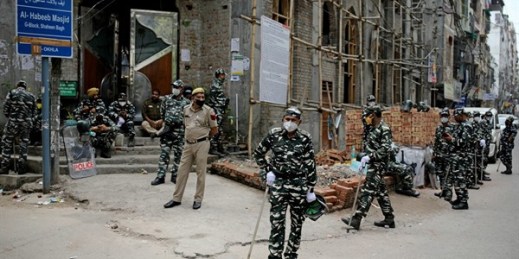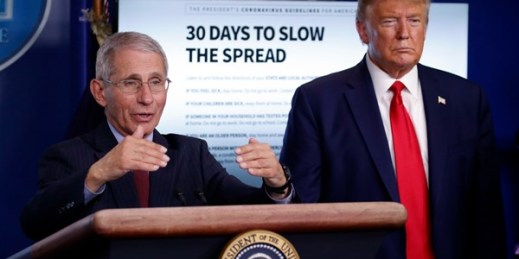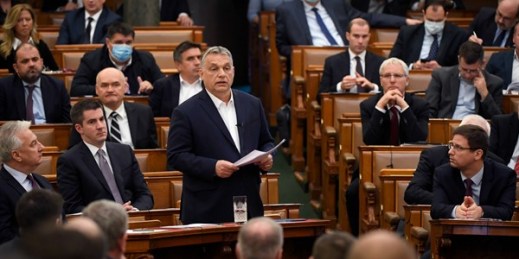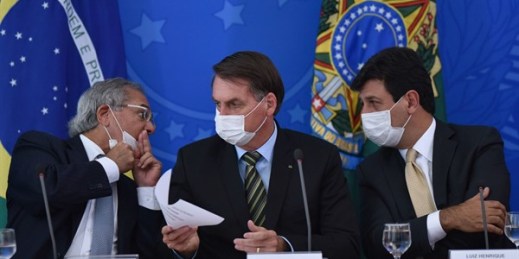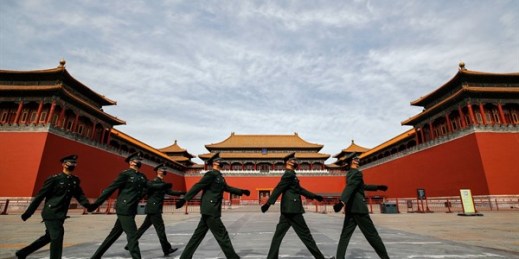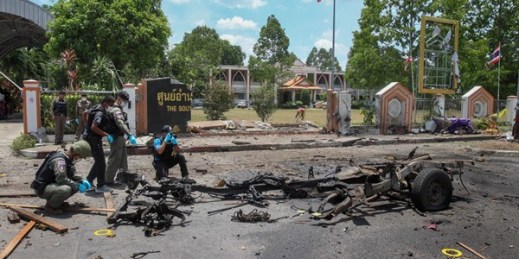
In early March, Thai government negotiators convened in Kuala Lumpur for a second round of direct talks with the Barisan Revolusi Nasional, or BRN, a secretive separatist group that is thought to control the vast majority of rebels operating in Thailand’s restive “deep south.” Until an earlier round of talks in January, the BRN had been excluded from dialogue with the government in Bangkok, which was controlled from 2014 until last summer by a military junta. Now, a nominally democratic government led by Prime Minister Prayuth Chan-ocha, the former army chief, is cautiously reviving a long-stalled peace process. The Thai […]

